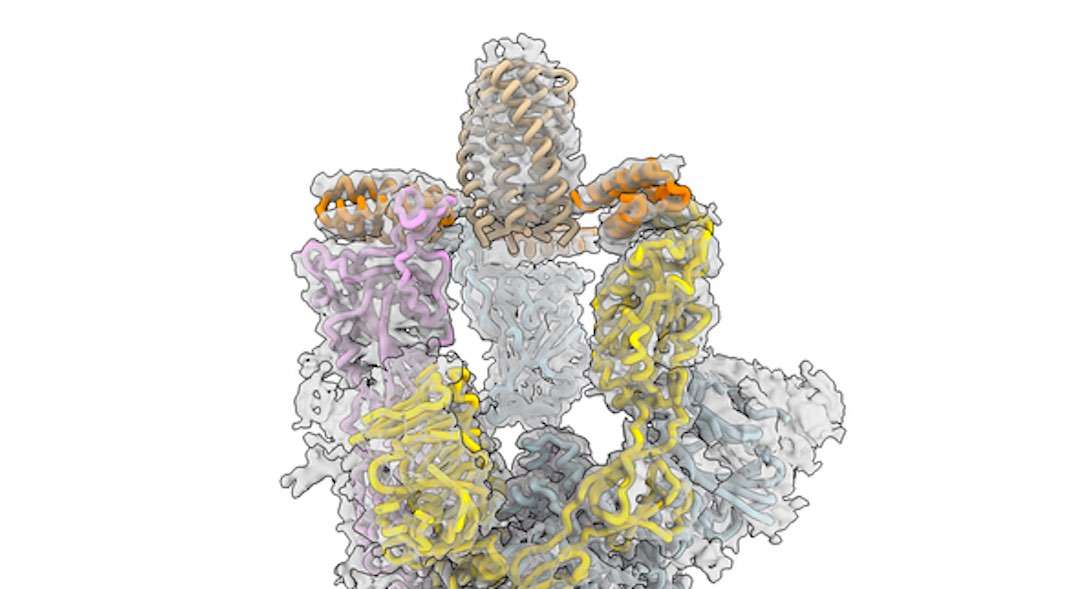U.S. House Passes Bill to Cap Insulin Cost at $35 Per Month
The U.S. House of Representatives has passed the Build Back Better Act, it will limit out-of-pocket co-pays for insulin.

A groundbreaking treatment in the form of a nasal spray, which could protect people from all COVID variants will advance to human trials after successful lab tests.
The new spray contains "potent" proteins which target the virus's weak spots and prevent it from infecting the body, say researchers at Northwestern University and the University of Washington.
Some treatments, including vaccines, have become less effective at combating COVID as the virus has continued to evolve.
Several antibody treatments were halted last month in the U.S. after they failed to protect people against the BA.2 omicron sub-variant—and they require complex refrigerated supply chains.
Now, a simpler solution to combat the virus is being advanced to human clinical trials after promising results of their mice tests, published April 12, 2022, in the journal Science Translational Medicine. Nasal sprays are also being tested in several research institutes in England and Israel as effective defenses for COVID-19.
To begin, the American scientists first used supercomputers to design proteins that could stick to vulnerable sites on the surface of the novel coronavirus, targeting the spike protein. This work was originally reported in 2020 in the journal Science.
In the new work, the team reengineered the proteins — called minibinders — to make them even more potent. Rather than targeting just one site of the virus' infectious machinery, the minibinders simultaneously bind to three sites (see orange sites in the photo), making the drug less likely to detach.
Professor Michael Jewett, of the University of Washington School of Medicine, explained that SARS-CoV-2's spike protein has three binding domains, but common antibody therapies may only block one.
"Our minibinders sit on top of the spike protein like a tripod and block all three.
"The interaction between the spike protein and our antiviral is among the tightest interactions known in biology," he continued. "When we put the spike protein and our antiviral therapeutic in a test tube together for a week, they stayed connected and never fell apart."
The treatment reduced COVID symptoms and even prevented infections outright, the researchers found after testing it on mice with a nasal spray.
The proteins prevented COVID from binding to what's known as the ACE2 receptor, the entry point for infecting the body.
The deadly virus cannot infect the body without binding to the receptor, which suggests the treatment will work against new variants.
"To enter the body, the spike protein and ACE2 receptor engage in a handshake," said Professor Jewett. "Our antiviral blocks this handshake and, as a bonus, has resistance to viral escape."
The virus-hunting proteins could offer an alternative to vaccines, which require a healthcare professional to administer.
They can be produced on a large scale in microorganisms like E. coli, making them far more cost-effective to manufacture and are stable in high heat.
There is also a high chance the treatment could be self-administered using a one-time nasal spray.
The researchers hope it might therefore be made available in pharmacies, if human trials demonstrate similar success.
SEND This Shot of Good News to Your Friends and Colleagues on Social Media…
Be the first to comment